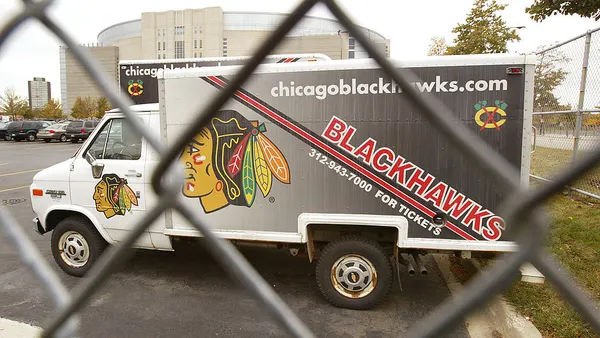Dive Brief:
- The use of Big Data to make hiring decisions is expected to "grow exponentially," the EEOC said in a panel yesterday. Data scraping and use of algorithms are all expected to grow.
- The panel largely praised Big Data's potential to lessen hiring bias and improve workplace diversity by being able to sort through talented applicants more effectively — if it is used correctly.
- Other members of the panel were concerned that current algorithms may still reflect discriminatory policies due to past hiring habits. Data security was also addressed, as employers who use Big Data tech without "careful safeguards" in place risk exposing sensitive employee information, including genetic info, which could lead to major ADA and GINA violations.
Dive Insight:
Hiring algorithms have long been posed as a potential solution for those trying to hire more diverse employees, though concerns about "built-in discrimination" still remain. If the base data used to build the algorithm reflects sameness of ethnicity or background, the algorithm could still only seek out those types of employees.
But there's much reason to be hopeful. Recruiters are currently working to update "outdated" recruitment technology, which is an important first step in ensuring reduced bias during hiring. However, for Big Data to truly solve the bias problem, HR will need to thoughtfully apply hiring strategies that may not entirely rely on algorithms or the like. Microsoft found success in hiring strong employees with autism by creating an interviewing program that adjusted for their needs. Humana also hired more employees with disabilities by actively working to shift their culture to improve acceptance of those individuals.













